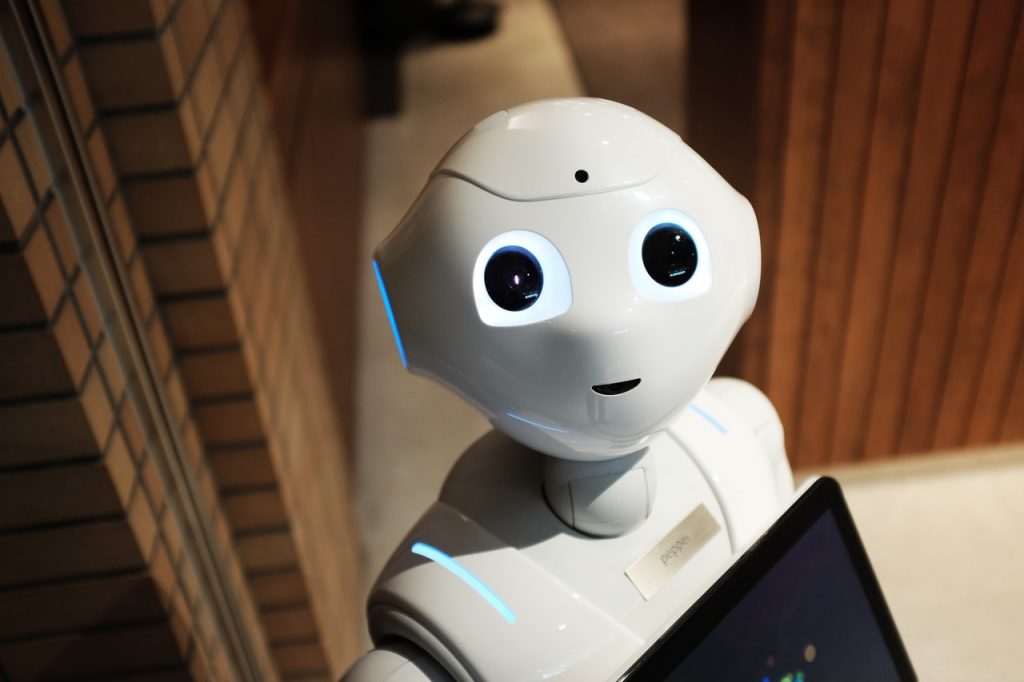Artificial intelligence refers to the simulation of human intelligence in which machines are programmed to think like humans and to mimic their actions.
The term is also applied to machines with features associated with the human mind, such as learning and problem-solving. The ideal feature of artificial intelligence is its ability to rationalize and take measures that have the best chance of achieving specific goals. Machine learning is a subset of artificial intelligence and refers to computer programs that can learn and adapt to new data to help people. Deep learning techniques facilitate automatic learning by capturing vast amounts of unstructured data such as text, images and videos.
When most people hear the term “artificial intelligence”, the first thing that they think about is robots. This is most likely because, big-budget films and novels weave stories of human-like machines wreaking havoc on Earth. But this may be far from the truth.
Artificial intelligence is based on the principles of human intelligence and is defined as how machines imitate human intelligence to perform simple and complex tasks. The goal of artificial intelligence is to mimic human cognitive activity. Researchers and developers of artificial intelligence have made rapid advances in mimicking activities such as learning, thinking and perception as far as they can be defined. This is the technology that search engines are now employing and often nicknamed ‘search engine influence‘.
Some believe that innovators will soon develop systems that exceed human capacity to learn and argue on the subject. Others remain sceptical because cognitive activities are often linked to judgments of value that are subject to human experience.

